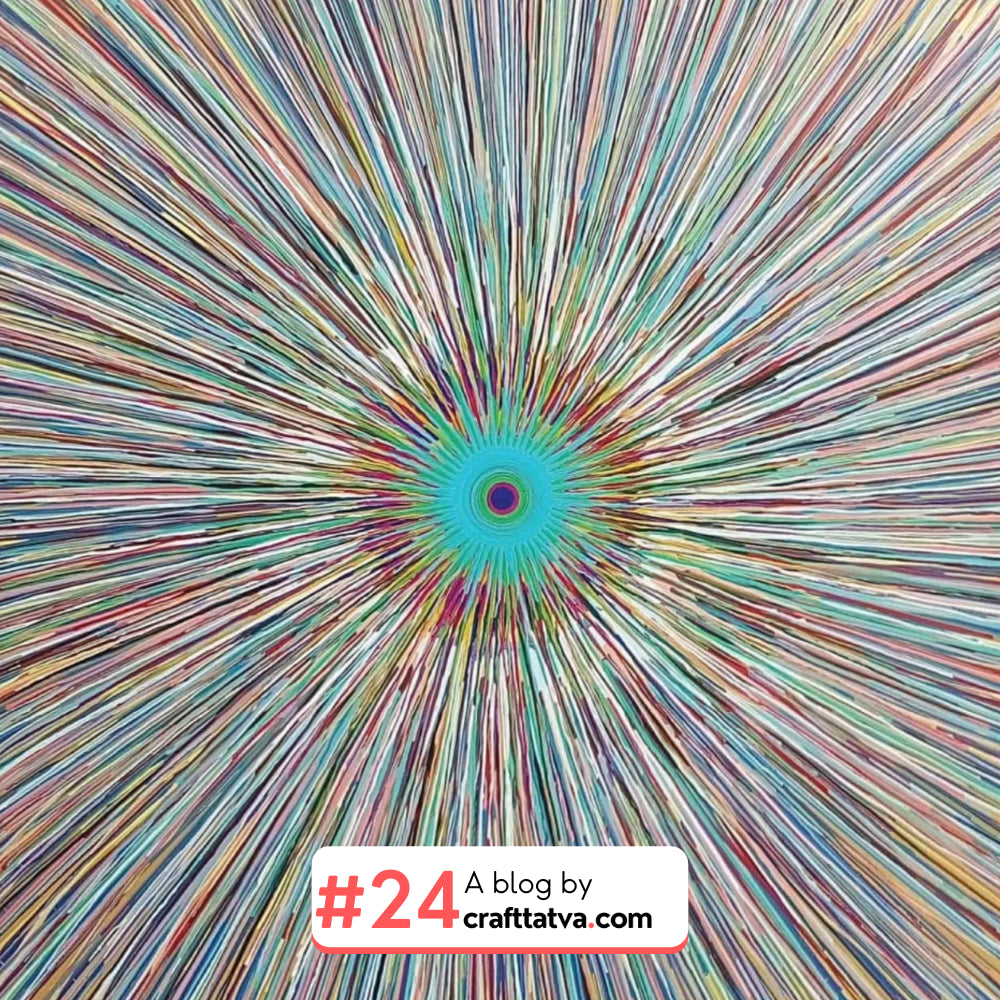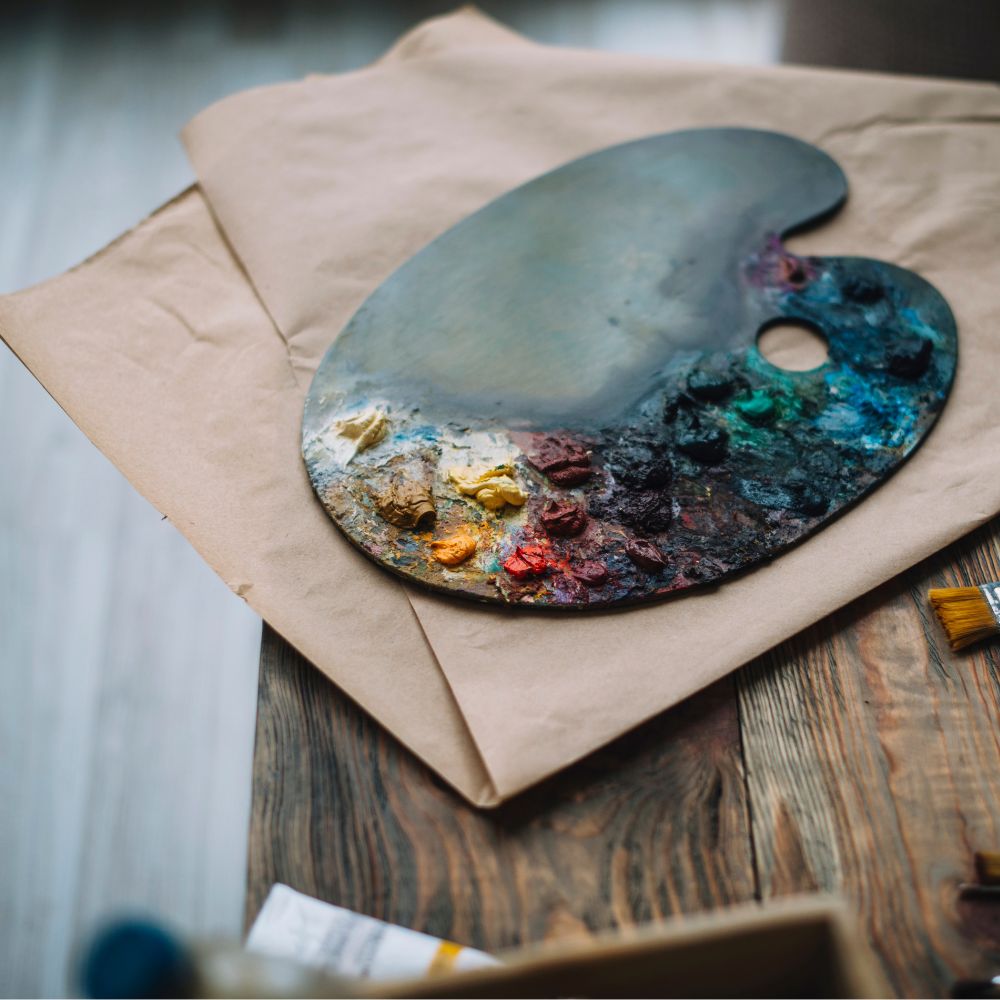Art therapy plays a significant role in the promotion of mental health by providing a creative and expressive outlet for individuals to explore their thoughts, emotions, and experiences. It combines psychological and artistic principles to facilitate healing, self-discovery, and personal growth. Here are several ways in which art therapy contributes to mental health promotion:
Emotional expression: Art allows individuals to express and communicate complex emotions that may be difficult to put into words. Through various art forms like painting, drawing, sculpture, or collage, individuals can visually represent their feelings, experiences, and inner conflicts, fostering emotional release and catharsis.
Stress reduction: Engaging in art-making activities can be highly therapeutic and provide a sense of relaxation and stress relief. The creative process helps individuals shift their focus away from stressors, promoting mindfulness and a state of flow where they can immerse themselves in the present moment.
Self-exploration and self-awareness: Art therapy encourages self-reflection and introspection. By creating artwork, individuals can gain insight into their thoughts, beliefs, and unconscious processes. The art becomes a mirror through which they can explore their identities, strengths, challenges, and aspirations, fostering greater self-awareness and personal growth.
Coping and resilience: Art therapy equips individuals with creative tools and coping strategies to deal with emotional challenges and adversity. It enhances problem-solving skills, promotes adaptive thinking, and encourages experimentation, enabling individuals to develop resilience and adaptability in the face of difficulties.
Empowerment and self-esteem: Engaging in the artistic process and witnessing the creation of meaningful artwork can boost self-esteem and self-confidence. Art therapy provides a safe and non-judgmental space where individuals can express themselves authentically, fostering a sense of empowerment and self-worth.
Communication and interpersonal skills: Art therapy can improve communication and interpersonal skills, particularly for individuals who struggle with verbal expression. Through art, individuals can communicate with others, share their experiences, and build connections, even when words are insufficient. Group art therapy sessions can also promote social interaction and a sense of belonging.
Trauma processing and healing: Art therapy is effective in trauma processing and healing. Artistic expression can help individuals externalize and make sense of their traumatic experiences, reducing the intensity of associated emotions and facilitating the integration of fragmented memories. It offers a safe and supportive environment for individuals to work through their trauma at their own pace.
Emotional regulation: Art therapy provides a constructive outlet for managing and regulating emotions. Engaging in art-making can help individuals identify, process, and regulate their emotions effectively. It offers alternative ways to cope with overwhelming feelings and promotes emotional balance.
It is important to note that art therapy should be conducted by qualified art therapists who are trained to facilitate the therapeutic process. These professionals possess the skills to guide individuals through their artistic journeys, provide emotional support, and interpret the symbolism and meaning behind the artwork created.







